| Özet: | Results of a research registered in the Institute for Research in Education (INIE) of the University of Costa Rica, carried out between the years 2022-2023, are presented. It includes data that refers to the specific objective of recognizing the role of the family in the educational processes that are implemented by the Costa Rican Ministry of Public Education for children with disabilities and developmental risks, since birth to six years of age, according to the perspective of professionals in Special Education and Guidance Counseling. The methodology used corresponds to the qualitative approach, with descriptive scope and phenomenological method. Semi-structured interviews were conducted with a group of nine Special Education teachers and eight Guidance counselors from different regions of the country. The information was analyzed using the Atlas.ti 23 tool, which allowed the reduction and organization of the findings into four subcategories: Entry into the service, family involvement, pedagogical strategies, and recommendations. The results allow us to conclude the relevance of family participation and involvement in the development and learning of early childhood students. It is evident the urgency of applying the principles of a family-centered approach for educational care. It is recommended to conduct professional updating processes of early childhood set by the social model of disability, which will provide with opportunities for the development and care of the student population attending the early education services.
|
|---|


